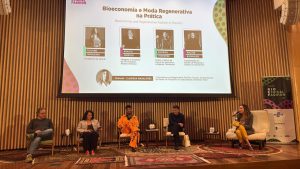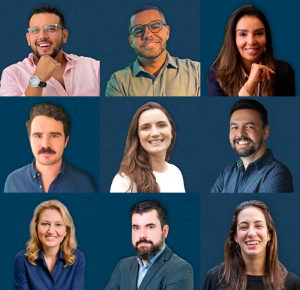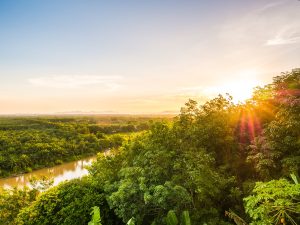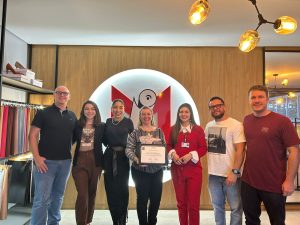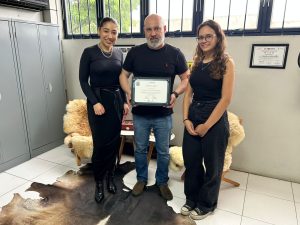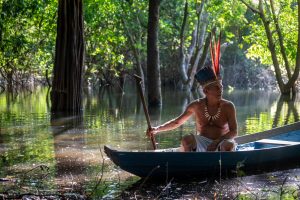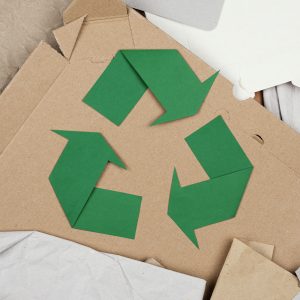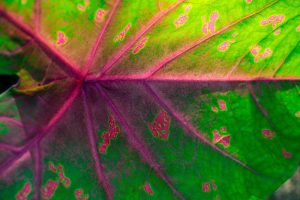Colorgraf Recertified in “Origem Sustentável“
Colorgraf, a company that offers a wide range of solutions, including transfers, various prints, technical labels (on-piece, resin, and 3D) for footwear, paperboard and PVC packaging, paper games, tattoos, and point-of-sale materials, has been recertified in the Origem Sustentável (Sustainable Origin) program. The certification was awarded on the 22nd at the company’s headquarters in Novo Hamburgo, Rio Grande do Sul, with attendance from the management of both Colorgraf and the Brazilian Association of Companies of Components for Leather, Footwear and Artifacts (Assintecal).
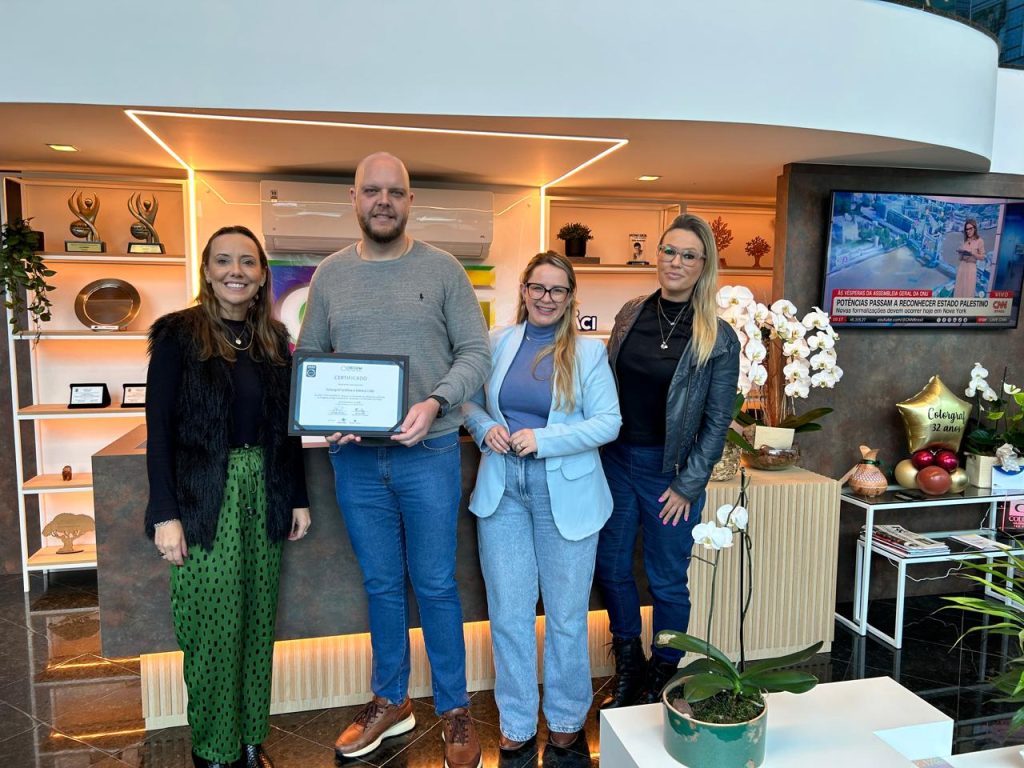
Colorgraf, a company that offers a wide range of solutions, including transfers, various prints, technical labels (on-piece, resin, and 3D) for footwear, paperboard and PVC packaging, paper games, tattoos, and point-of-sale materials, has been recertified in the Origem Sustentável (Sustainable Origin) program. The certification was awarded on the 22nd at the company’s headquarters in Novo Hamburgo, Rio Grande do Sul, with attendance from the management of both Colorgraf and the Brazilian Association of Companies of Components for Leather, Footwear and Artifacts (Assintecal).
On the occasion, the company’s director, Ismael Arnold, emphasized the extreme importance of the certification. “Through this seal, we formalize the socio-environmental commitment of our products. It brings us credibility, facilitating entry into markets that value sustainability and strengthening our clients’ trust.”
Founded in 1993, Colorgraf was recertified at the Silver level (achieving over 40% of the program’s indicators) for its promotion of ESG practices. This culture is reflected in the development of products and services aligned with client expectations, with a focus on the environmental, social, and governance pillars.
Highlights
In the environmental pillar, the company’s highlights include a complete migration to the free energy market, with 100% of its operations now powered by renewable sources. This is achieved both through purchases from the Free Market and through more than a thousand photovoltaic panels installed at the headquarters. The panels prevent the emission of over 750,000 tons of CO2 into the atmosphere per year (equivalent to planting around 41,000 trees).
Another positive point in the environmental pillar is the management of industrial waste. Currently, about 90% of the waste generated is sent to specialized companies for recycling, transformation, or blending for co-processing—this includes contaminated cloths and rags, as well as packaging with ink and iodine residues. The co-processing of contaminated products creates clinker, an essential component of cement. Industrial oil and vegetable fat used in the cafeteria are also recycled. According to Colorgraf, over 1,200 liters of these products were collected in 2024 and sent to specialized companies. Colorgraf also adopts reverse logistics for chemical product packaging used internally. The company reports that 100% of reusable metal drums are returned to suppliers, who reuse them in new cycles, ensuring a sustainable destination aligned with good environmental practices.
The social and cultural indicators, where Colorgraf showed the greatest prominence in the Origem Sustentável audit, with 64% and 93% of them achieved respectively, are also very important for the company. In this context, a highlight is the permanent plastic bottle cap collection campaign, with donations going to the AMO Criança charity. The organization sells the caps to fund services for children. Annually, around 200 kg of caps are collected for this purpose.
As a measure of community integration, Colorgraf holds an annual clothing drive. In 2024, the campaign collected about 5,000 items, including bedding, blankets, towels, general clothing, footwear, hygiene and cleaning kits, mattresses, water, and basic food baskets. The donations benefited various institutions and communities, such as nursing homes in Novo Hamburgo, a church in Morro do Paula in São Leopoldo/RS, and a university in São Leopoldo that was sheltering homeless people.
The Program
Created by Assintecal in partnership with the Brazilian Footwear Industry Association (Abicalçados) in 2013, the Origem Sustentável program is based on the best international sustainability practices. It follows guidelines from 104 indicators across five dimensions: economic, environmental, social, cultural, and sustainability management. The certified categories are: Diamond (+80% of indicators achieved); Gold (+60%); Silver (+40%); and Bronze (+20%). Audits are conducted by independent bodies such as SENAI, SGS, ABNT, Intertek, and Bureau Veritas. Currently, more than 110 companies in the footwear production chain are certified or in the process of certification. Renewals happen every two years. Learn more at www.origemsustentavel.org.br.
Read also
